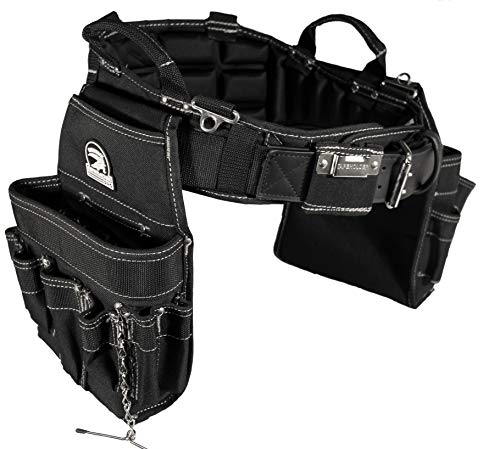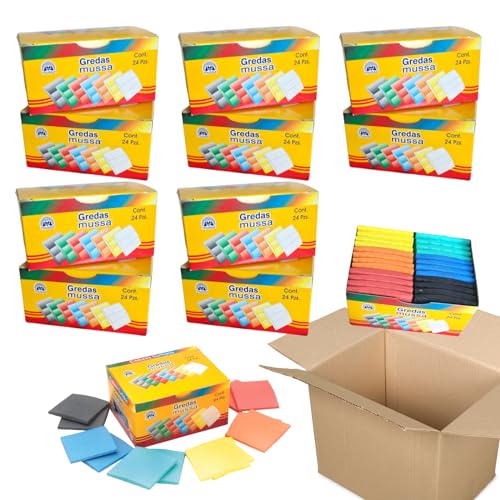
Working with wood can be a rewarding and creative experience, but sometimes mistakes happen. One common issue that woodworkers face is the presence of red chalk lines on their finished pieces. Whether you accidentally marked the wood with a chalk line or you inherited a piece with unwanted lines, it’s important to know how to effectively remove them without damaging the wood.
Why is removing red chalk lines a concern?
Red chalk lines are commonly used in woodworking to mark measurements and guide cuts. While they are essential during the construction process, they can become an eyesore on finished wood pieces. It’s crucial to remove them because they can detract from the overall appearance and quality of the woodwork. If left unaddressed, the red chalk lines can also affect the ability to stain or finish the wood properly.
So, how can you safely and effectively remove red chalk lines from wood?
There are several methods you can try, depending on the severity of the marks and the type of wood you’re working with. In this article, we will explore some of the most effective techniques for removing red chalk lines from wood surfaces. From using common household items to specialty products, we will provide step-by-step instructions to help you restore your woodwork to its original beauty.
Easy Steps: Removing Red Chalk Line From Wood
Removing red chalk lines from wood can be a tricky task, but with the right steps, it can be done effectively. Whether you accidentally marked your wood with red chalk or you want to erase earlier markings, follow these easy steps to remove the red chalk lines without damaging the wood:
- Start by wiping the surface of the wood with a dry cloth to remove any loose dirt or debris.
- Mix a small amount of mild detergent with warm water in a bucket or container.
- Dip a soft scrub brush or sponge into the soapy solution and gently scrub the affected area, applying light pressure.
- Rinse the scrub brush or sponge with clean water and continue to gently scrub the area to remove any lingering chalk residue.
- Once the red chalk lines have been loosened, wipe the surface of the wood with a clean, damp cloth to remove any remaining residue.
- Dry the wood thoroughly with a dry cloth to prevent any moisture damage.
- If the red chalk lines persist, you can try using a commercial wood cleaner or polish specifically designed for removing stains. Follow the manufacturer’s instructions for application.
It’s important to note that some red chalk lines may leave faint marks or staining on the wood. In these cases, gentle sanding or refinishing may be required to completely remove the marks.
Remember to always test any cleaning solution or product on a small, inconspicuous area of the wood before applying it to the entire surface to ensure it does not cause any damage or discoloration.
By following these easy steps, you can effectively remove red chalk lines from wood without harming its appearance or quality.
Step 1: Preparation and Safety Measures
Before you begin removing the red chalk line from wood, it is important to take some preparation steps and ensure your safety. Here are some essential steps to follow:
- Wear protective gear: Put on gloves, safety goggles, and a dust mask to protect yourself from any potential harm.
- Clean the area: Remove any dust, debris, or loose particles from the surface of the wood using a soft brush or cloth. This will ensure better adhesion of the cleaning solution.
- Test an inconspicuous area: Before applying any cleaning solution or method to the entire surface, it is advisable to test it on a small, inconspicuous area first. This will help you determine if there are any adverse effects such as discoloration or damage to the wood.
- Choose a suitable cleaning solution: Depending on the type of chalk used, there are various cleaning solutions available. Some common options include vinegar, rubbing alcohol, or a mixture of soap and water. Select the solution that is safe for your specific type of wood.
- Read the instructions: Before using any cleaning solution, carefully read the instructions provided by the manufacturer. Follow the recommended dilution ratios and application methods for best results.
- Prepare the cleaning solution: Mix the cleaning solution according to the instructions and pour it into a spray bottle or a container that is easy to handle.
Following these preparation and safety measures will help you effectively remove the red chalk line from wood while minimizing the risk of damage or injury. Once you have completed these steps, you can proceed to the next step of the process.
Step 2: Choosing the Right Cleaning Agent
After removing any loose particles from the surface of the wood, it’s time to choose the right cleaning agent to remove the red chalk line. The type of cleaner you use will depend on the type and finish of the wood, as well as personal preference.
There are several options to consider when selecting a cleaning agent:
1. All-Purpose Cleaner
An all-purpose cleaner is a versatile option that can be used on a variety of surfaces, including wood. Look for a non-abrasive cleaner that is safe for use on delicate surfaces.
Before applying the all-purpose cleaner to the red chalk line, test it on a small, inconspicuous area of the wood to ensure it doesn’t cause any damage or discoloration.
2. Soap and Water Mixture
A simple soap and water mixture can also be effective in removing the red chalk line from wood. Mix a few drops of mild dish soap with warm water in a bucket or container.
Dip a soft cloth or sponge into the soapy water mixture, wring out any excess liquid, and gently scrub the red chalk line. Be sure to rinse the cloth or sponge frequently and change the water if it becomes too dirty.
3. Commercial Wood Cleaner
If you prefer to use a wood-specific cleaner, there are many commercial wood cleaners available on the market. These cleaners are specifically designed to remove stains and marks from wood surfaces.
When using a commercial wood cleaner, be sure to carefully read and follow the manufacturer’s instructions. Some cleaners may require you to apply the product and let it sit for a specific amount of time before wiping it off.
Note: It’s important to test any cleaning agent on a small, inconspicuous area of the wood first to ensure it doesn’t damage or discolor the surface.
Remember, always wear gloves and work in a well-ventilated area when using any cleaning agents.
Step 3: Cleaning the Wood Surface
After removing as much of the red chalk line as possible using the aforementioned methods, it’s important to thoroughly clean the wood surface to ensure any residual marks are eliminated. Here are steps to follow:
Materials Needed:
- Clean, lint-free cloth
- Mild dish soap
- Warm water
Cleaning Steps:
| Step | Description |
|---|---|
| 1 | Prepare a cleaning solution by combining a few drops of mild dish soap with warm water in a small bucket or bowl. |
| 2 | Dip the clean, lint-free cloth into the solution and wring it out to remove any excess liquid. |
| 3 | Gently rub the cloth over the remaining chalk marks on the wood surface using circular motions. Apply slight pressure as needed, but be careful not to damage or scratch the wood. |
| 4 | Rinse the cloth with clean water and wring it out again to remove any soap residue. |
| 5 | Wipe down the wood surface with the damp cloth to remove any remaining cleaning solution and chalk residue. |
| 6 | Dry the wood surface thoroughly with a clean towel to prevent moisture damage. |
By following these cleaning steps, you can effectively remove red chalk line marks from your wood surface and restore its original appearance. It’s important to always test any cleaning solution on a small, inconspicuous area of the wood before applying it to the entire surface to ensure it doesn’t cause any damage or discoloration.







